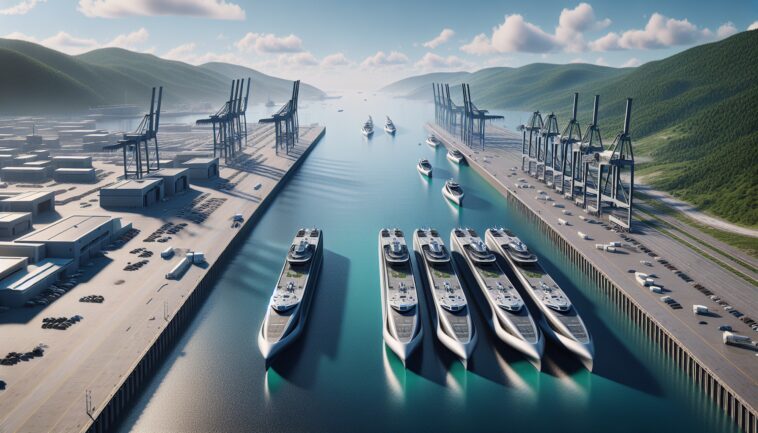Table of Contents
BC Ferries’ fleet transformation
BC Ferries is set to revolutionize its fleet with the addition of four new major vessels, marking a significant step towards modernizing its aging infrastructure. The new ships will replace the Queens of Alberni, New Westminster, Coquitlam, and Cowichan, which have been in service for decades and are now considered the oldest major vessels in operation.
This upgrade is not just about aesthetics; it’s about ensuring that travelers have a reliable and efficient means of transportation across British Columbia’s stunning waterways.
Hybrid technology for a sustainable future
The new vessels will feature diesel-battery hybrid technology, making them all-electric-ready.
This move aligns with the growing demand for environmentally friendly transportation options. Premier David Eby emphasized the importance of this decision during a recent news conference, stating, “This will assist with stability in the fleet, with people getting to where they need to go.” The independent British Columbia Ferries Commissioner approved the acquisition of four vessels, ensuring that the decision is both fiscally responsible and beneficial for the public.
Addressing current challenges
This announcement comes at a time when BC Ferries is facing operational challenges, highlighted by a recent mechanical issue with the Queen of Oak Bay. Passengers experienced delays and concerns as the ferry drifted towards rocks near Nanaimo due to a steering malfunction.
Ryan Cook, a professional chainsaw carver who was on board, described the situation as “a little bit of a weird feeling.” Fortunately, the crew managed to resolve the issue, but it raised questions about the reliability of the current fleet.
With the introduction of the new vessels, BC Ferries aims to enhance service reliability and capacity, addressing the concerns of travelers who rely on these ferries for their daily commutes and leisure activities.
Looking ahead: A brighter future for ferry travel
The first of the new vessels is expected to enter service in spring 2029, a timeline that has many travelers eagerly anticipating the improvements. Commissioner Eva Hage expressed her satisfaction with the decision, stating, “It will mean a vast improvement in service, reliability, and capacity on BC Ferries’ busiest routes.” The introduction of these hybrid vessels is not just a logistical upgrade; it represents a commitment to sustainability and a better travel experience for all British Columbians. As the province continues to grow, so does the need for efficient and reliable transportation options, making this fleet upgrade a crucial development for the future of ferry travel in British Columbia.




